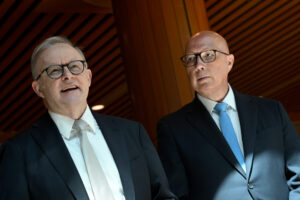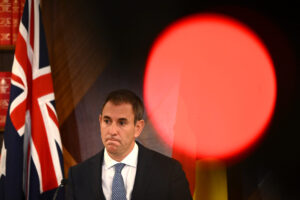An exclusive school system won’t build an inclusive society
Should wealthy art collectors have to contribute to the cost of public galleries if they choose not to visit them, or should their contribution be refunded to help them extend their own collection? Should city residents have to contribute to the cost of upgrading regional hospitals they will never use, or should their contribution be refunded to help them pay for their own private health care? Should parents of private school children have to contribute to the cost of public schools they choose not to enrol their children in or should their contribution be refunded to help them meet the rapidly rising cost of private school tuition? The great thing about democracy is that there is no right answer to those three questions, nor is there any need to answer them consistently. No doubt some wealthy rural families feel differently about the obligation of the public at large to fund regional roads and hospitals than they do about their obligation to fund public schools they would never send their kids to. But perhaps the worst thing about democracy is the tendency for people to dress self-interest up as principle and the growing unwillingness of the media and our politicians to call it what it is.
Related documents
Between the Lines Newsletter
The biggest stories and the best analysis from the team at the Australia Institute, delivered to your inbox every fortnight.
You might also like
Taxpayers Subsidising Private School Luxuries
As Australia enters a new school year, a submission from The Australia Institute highlights the growing disparity between public and private school funding, revealing that taxpayers are helping fund lavish private school facilities and the high salaries of private school principals. In a submission to a New South Wales inquiry into private school profits, the
5 ways and 63 billion reasons to improve Australia’s tax system
With a federal election just around the corner, new analysis from The Australia Institute reveals 63 billion reasons why our next Parliament should improve the nation’s tax system.
Tax reform isn’t hard – slug multinationals and subsidise the things we want more of
Taxes are the price we pay for civilisation, but they are also a tool we can use to change the shape of our economy, not just its size.



